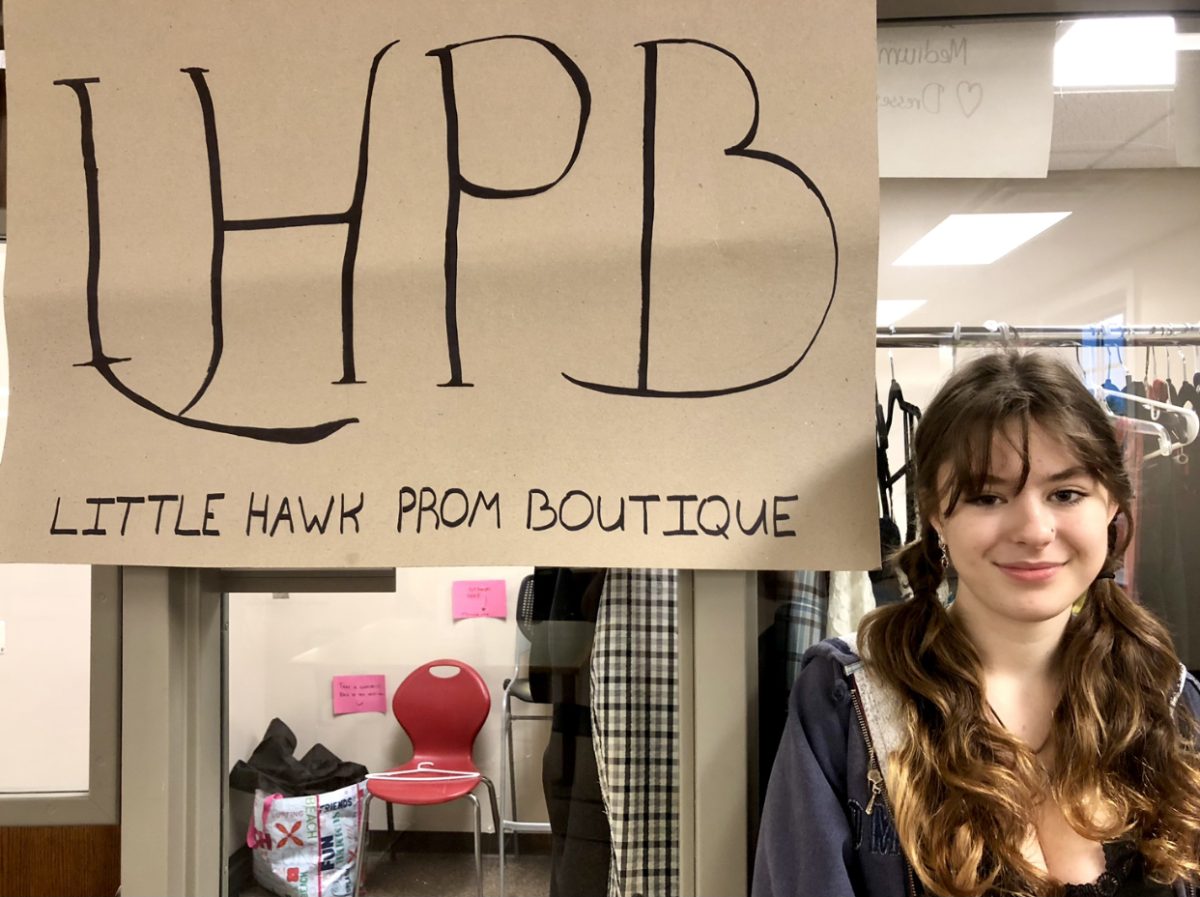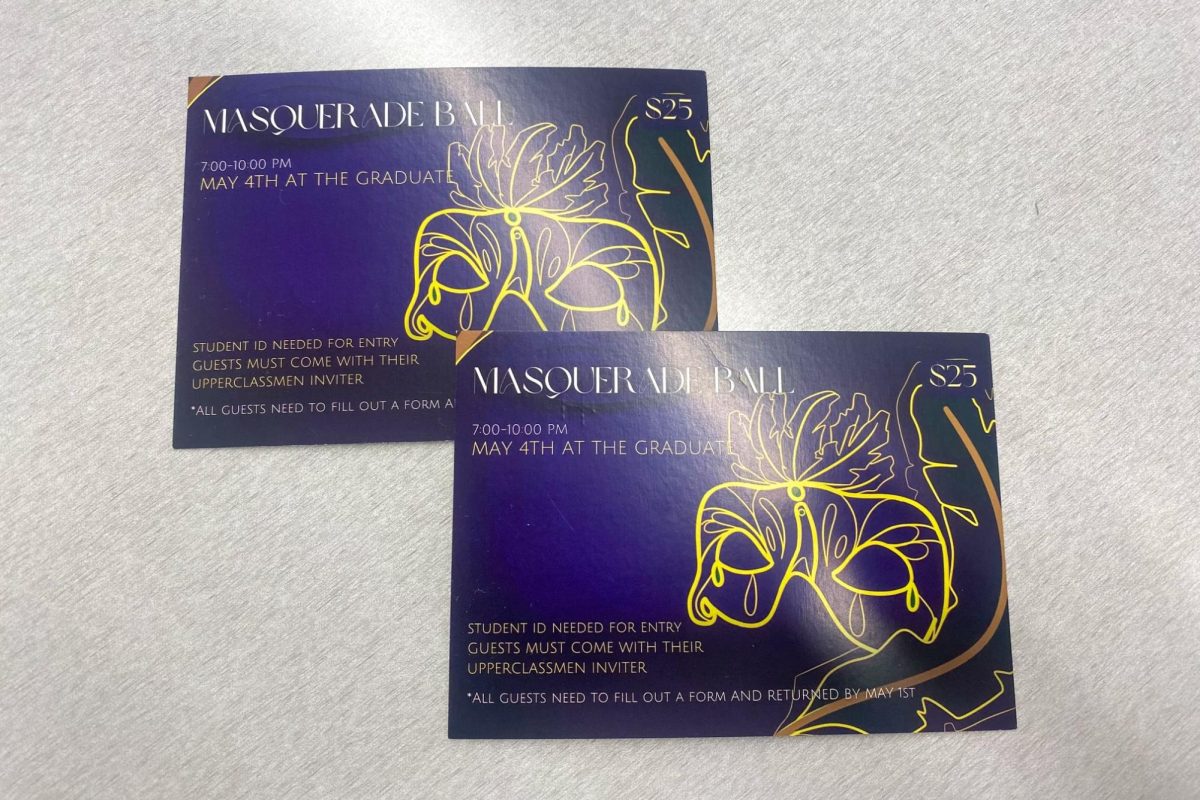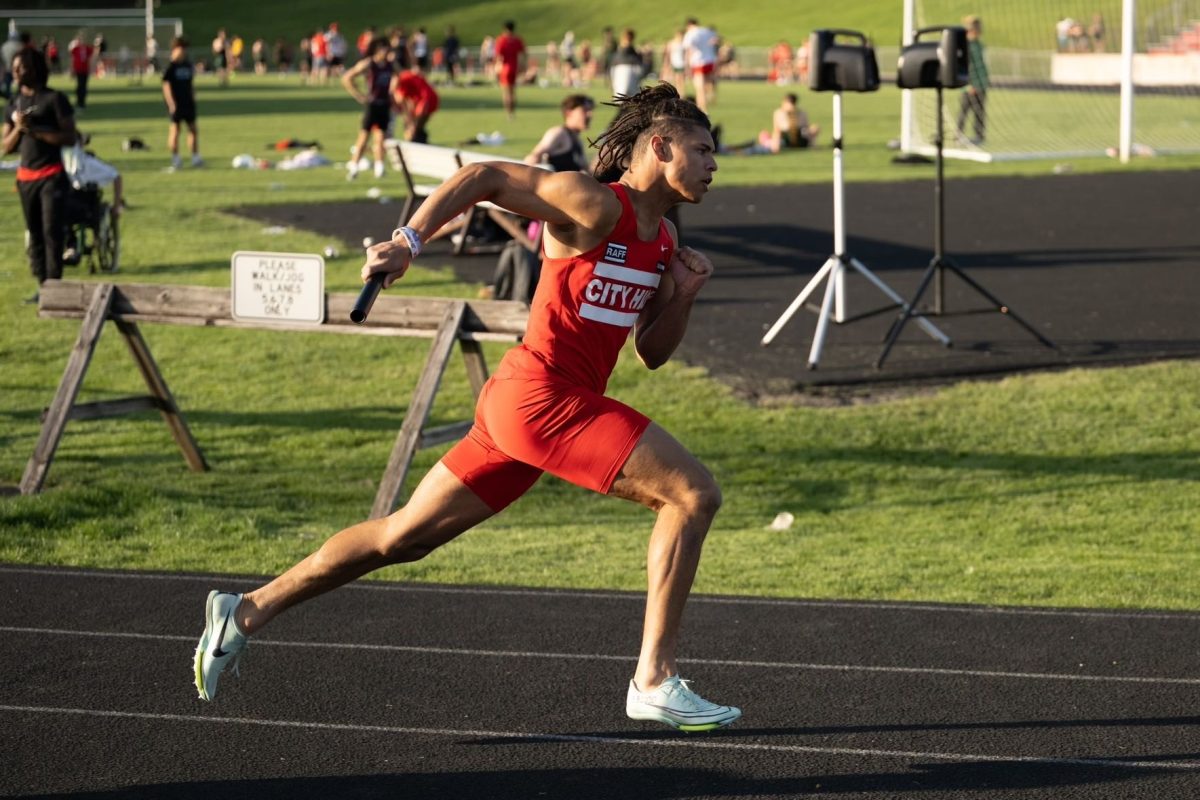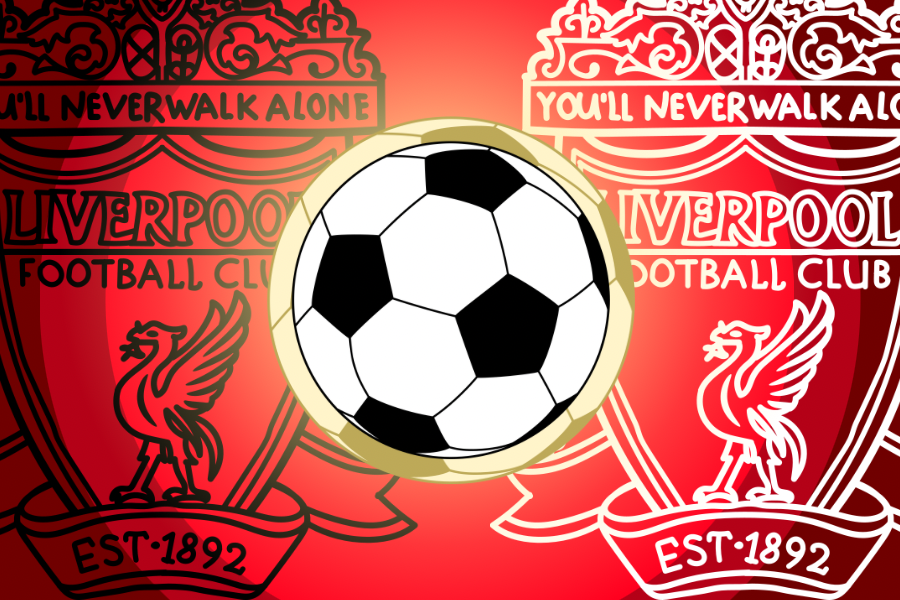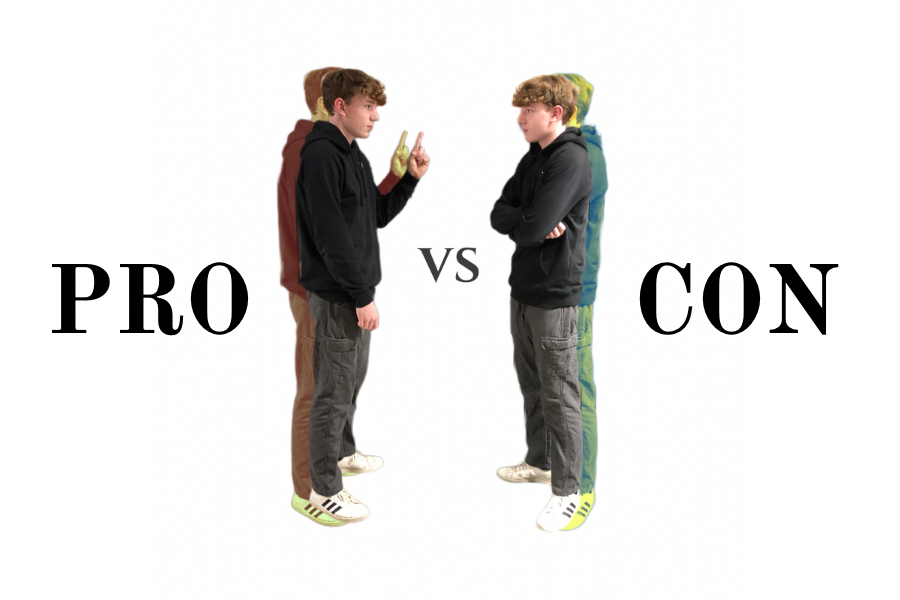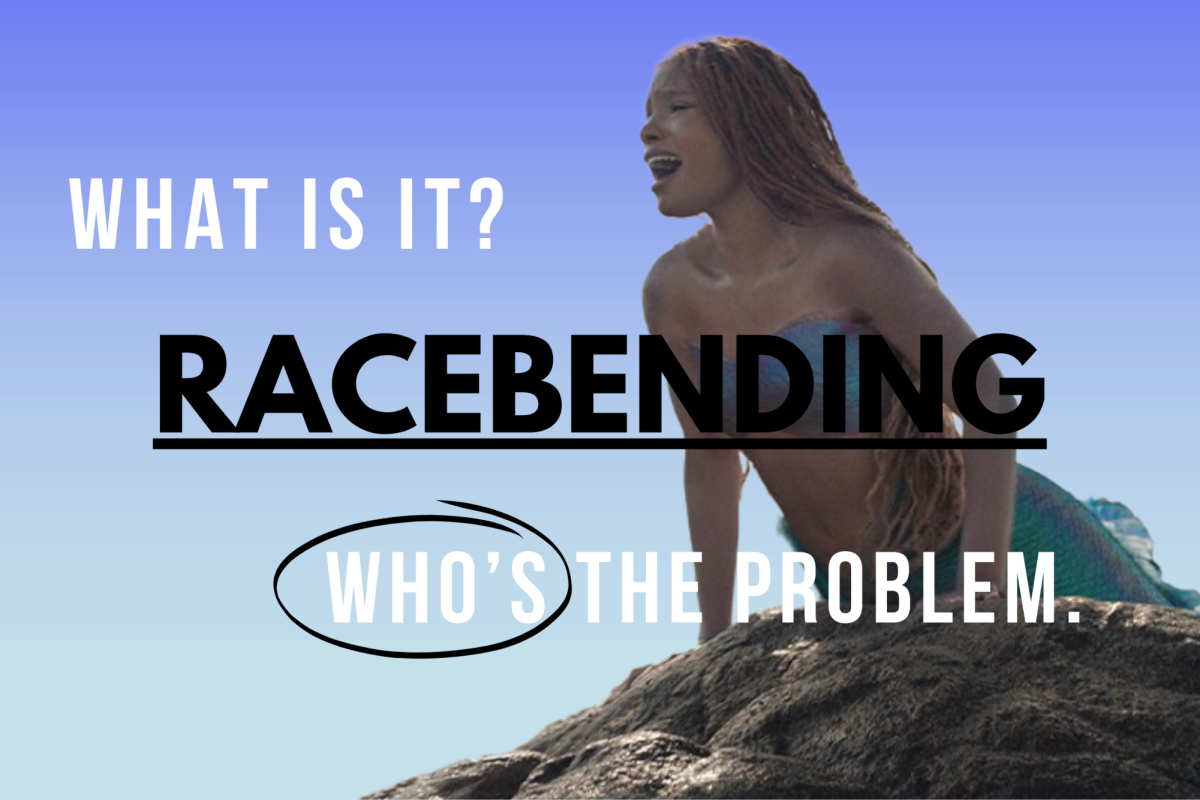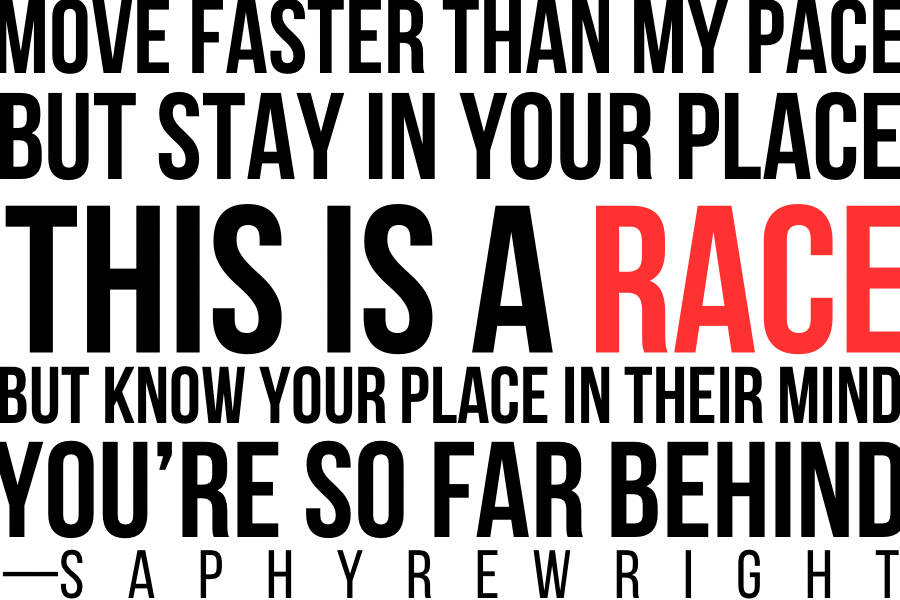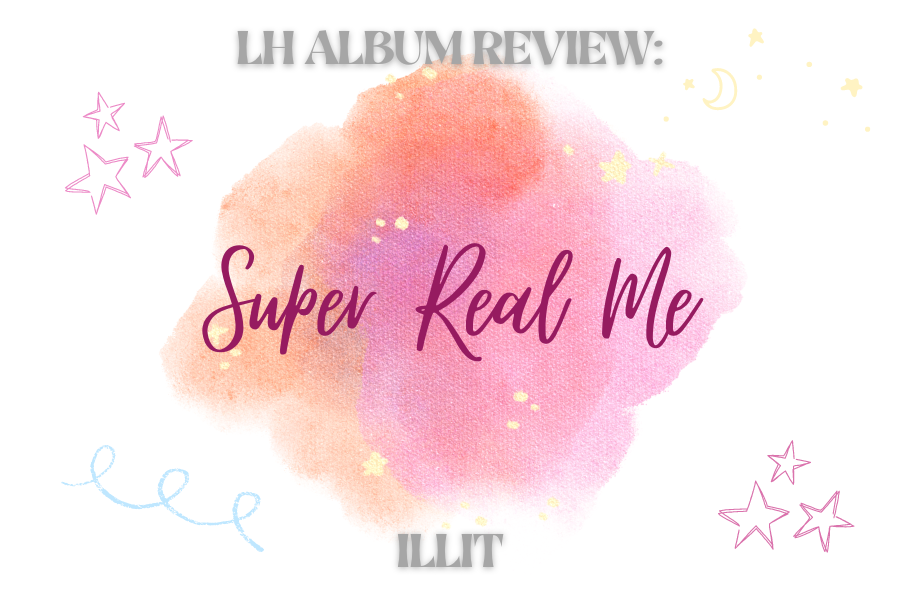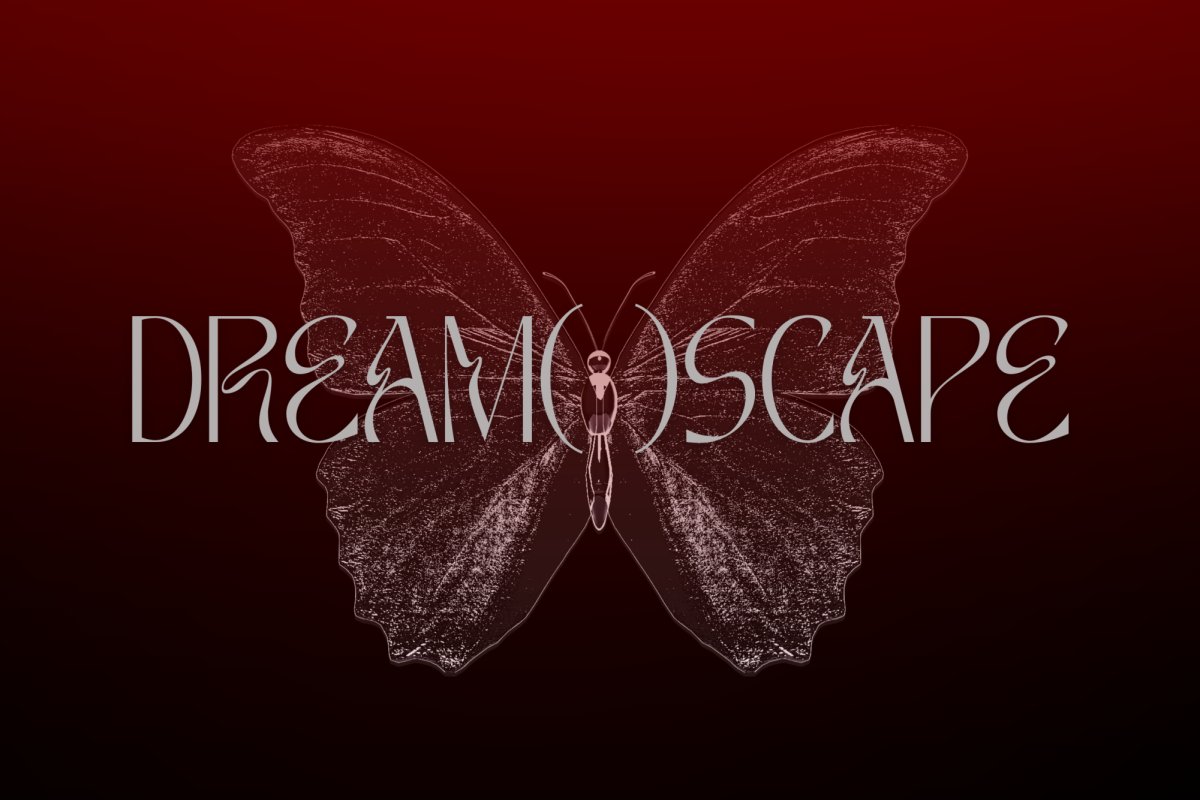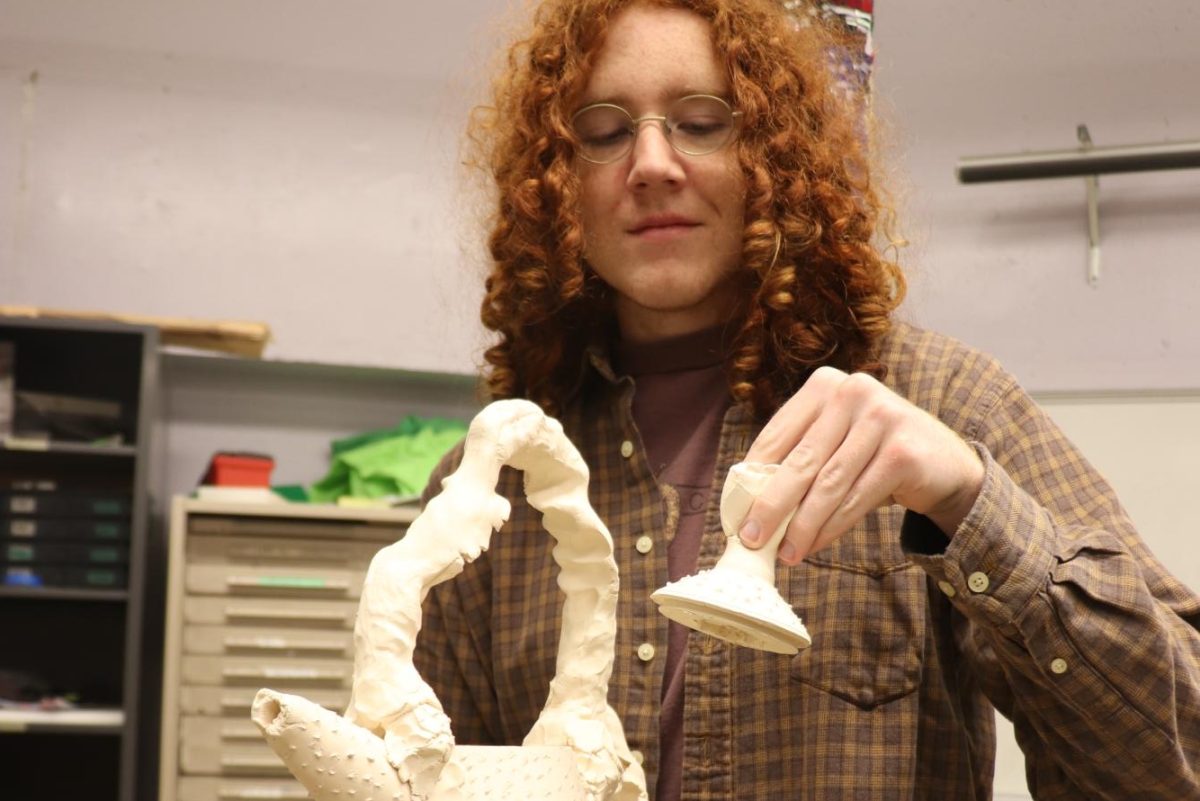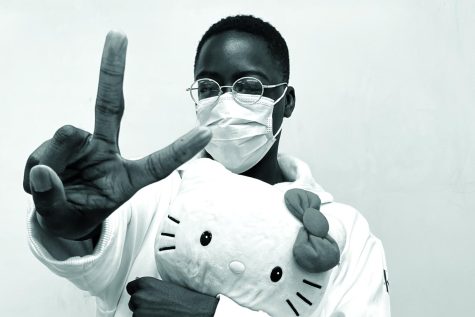Looking at the history of film and television, there has always been an urgent need for diversity and representation of people of color. The discussion around the topic of diversity is often backed by the opinion that there ought to be more. A method that has been used to be a solution to the lack of Hollywood’s diversity is “racebending.” In recent years, this method has been utilized most often to racebend white fantasy characters to characters of color, with the reason being to have more representation and diversity in current film and television culture. As more characters are racebended, the discussion of racebending has gained even more significance, but with the arguments against the method of racebending with non-people of color characters to characters of color, it is very evident how those arguments are nothing but unsustainable disagreements that are rooted in extreme racism and white supremacy.
In order to label the arguments that are against racebending of non-people of color characters to characters of color racist, we must look at the history of the term. The term “racebending,” according to Wikipedia, originated during protests over whitewashing in the 2010 film, The Last Airbender – a remake of the TV series Avatar: The Last Airbender, which featured characters of East Asian appearance. The Racebending.com website also defines “racebending” as “situations where a media content creator (movie studio, publisher, etc.) has changed the race or ethnicity of a character.” Racebending in the past, otherwise known as whitewashing, is a historically discriminative practice that has been used against people of color to deny them jobs. Racebending is also often used interchangeably with the term whitewashing. Specifically, the practice of “racebending” in the past was giving white actors the role of people of color. In the past, blackface and yellowface were strategies that were used to deny actors of color jobs. Actors of color were left unable to play white characters as well as characters of their own corresponding race. In comparison to the way “racebending” has been used now, its historical usage is much worse and much more racist. To compare the erasure of characters of color, who are already underrepresented enough, to the racebending of white characters to characters of color, for the reason of more representation for underrepresented groups, is already an unbelievable conversation that I cannot fathom is being had.
One argument that is made against recent racebending is: why don’t people just create new original stories and characters instead of racebending white characters. But there is one key component that we have to acknowledge which is that mainstream media is overwhelming in the hands of white people, specifically white men. White men are the ones who make all the decisions about what gets made and what doesn’t. Including what stories are adapted and who gets cast and who doesn’t. These established frameworks serve as the primary obstacle for independent filmmakers striving to produce content that diverges from the prevailing norms.
The power that is wielded by film studios and distributors further exists within the society that we live in that in itself is patriarchal and favors whiteness, which is the major reason why people of color are not represented or acknowledged at all. That is why altering the race of a single white character to increase representation does not harm the societal perception of white people, as there are countless other depictions of them available – ranging from thousands to tens of thousands.
Along with the racebending of characters, the racism that is displayed is also extremely prevalent in regards to the actors taking on these newly adapted characters that have been met with horrific waves of racist comments and backlash. In June of 2019, African-American R&B singer-songwriter and actress, Halle Bailey was announced as the role of Princess Ariel for Disney’s live-action The Little Mermaid. Following the announcement, the singer was met with horrific hate trains of racist comments due to the fact that Ariel’s bright red hair had turned to ginger locs. Those against the casting argued that the casting was a commercial tool and that most racebending casting choices are profit-driven strategies for large corporations. While it is true that diversification has become somewhat of a profit-driven strategy for major film companies, I would also argue that all representation matters. It is extremely crucial that young Black girls encounter positive and imaginative portrayals of themselves, including iconic Disney princesses and similar characters. Ariel as well as other portrayals can embody the same beloved qualities – beautiful, humorous, and charming – while also being Black.
But the reality behind the casting of Halle as Ariel was because of her raw talent. Rob Marshall, director of The Little Mermaid (2023), said he cast her as Ariel because she had the “otherworldly sensibility” of the red-headed mermaid and that she showed all of those wonderful colors that Ariel needs. Despite these truths, even confirmed by the directors of these movies where the characters are racebended and actors are cast, not for diversity points, but because of pure talent, people still argue against the casting due to the racism they contain, not because of how they actually care of keeping characters as they are traditionally.
Racebending is one of the first but still many steps towards having more diversity in Hollywood. Although it may seem that in recent years, representation in media has been getting better, people of color, specifically Black people, are nowhere near being represented as much as white people are in film and television. Those who share the ideology that racebending for more representation is just as damaging as whitewashing are those who are ignorantly choosing not to acknowledge the historical and societal foundations against people of color and further contain the ideals of white supremacy and racism.



